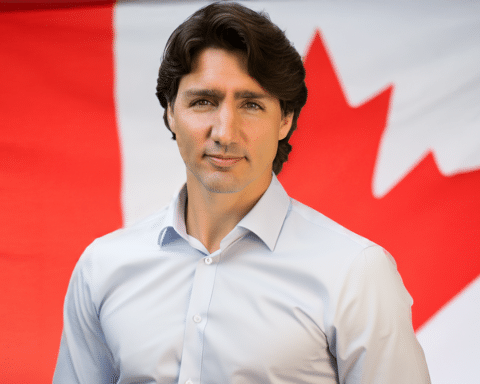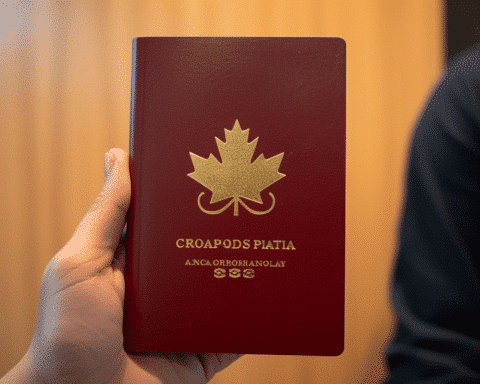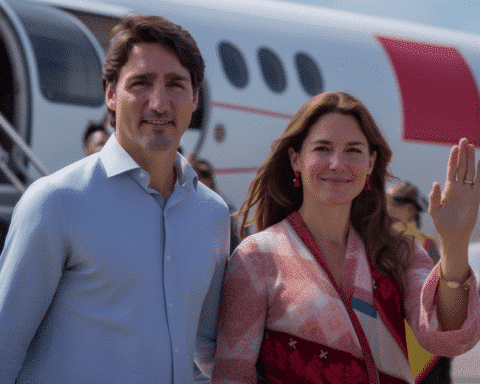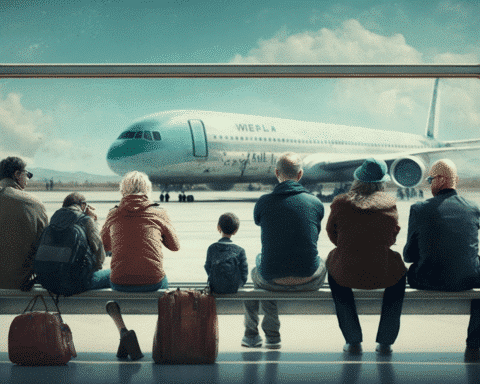After nearly a decade in power, Canadian Prime Minister Justin Trudeau announced his resignation on Monday. Trudeau cited internal party tensions and growing voter dissatisfaction as reasons for his departure, marking Canada’s end of a transformative yet polarizing era.
A Farewell with Mixed Emotions
With teary eyes, Trudeau announced in front of his official residence, stating, “I do not give up on a fight easily, especially one so vital for our party and country. But I make this decision because the interests of Canadians and the well-being of democracy are paramount.” His announcement comes amid internal party strife and the abrupt resignation of Finance Minister Chrystia Freeland, which exposed deeper cracks in his administration.
Trudeau plans to remain in office until the Liberal Party selects a new leader. He has also suspended parliamentary activities until March 24, allowing the party to organize a leadership contest. Opposition parties, however, have made it clear they intend to bring down the Liberal government in a motion of no confidence, likely triggering a spring election.
A Decade of Highs and Lows
Trudeau rose to power in 2015, ending a decade of Conservative rule and ushering in a new liberal agenda. Known for his progressive policies, he championed diversity, gender equality, and climate action, including a national carbon tax. Trudeau also legalized cannabis and supported immigration during a period of global border tightening.
Despite these achievements, his leadership faced mounting criticism in recent years. Economic challenges like rising food and housing costs and contentious policies alienated many voters. Opposition leader Pierre Poilievre remarked, “Canadians desperate to turn the page on this dark chapter of our history may feel relieved, but what has truly changed?”
Trudeau’s international image also waned. Known for his charisma, he once graced the cover of Rolling Stone with the headline, “Why Can’t He Be Our President?” But scandals, unpopular mandates during the COVID-19 pandemic, and rural dissent eroded his domestic support.
A Party in Transition
The Liberal Party now faces the challenge of redefining itself under new leadership. Party President Sachit Mehra expressed gratitude for Trudeau’s “transformative progress” in areas like affordable childcare and climate initiatives. Meanwhile, former Finance Minister Freeland’s resignation highlighted internal disagreements over fiscal policies, including tax cuts and relief checks, further complicating the party’s path forward.
Canada at a Crossroads
Trudeau’s resignation also comes as Canada faces external pressures. President-elect Donald Trump has threatened tariffs on Canadian goods, adding economic strain to the political turbulence. As a major exporter to the U.S., Canada’s economic stability is closely tied to its southern neighbor, making leadership transitions even more critical.
A Lasting Legacy
Justin Trudeau’s tenure will be remembered as both groundbreaking and controversial. His progressive agenda reshaped Canada’s identity, but political missteps and economic challenges left his legacy divided. As the country prepares for new leadership, Trudeau concluded his announcement with optimism, stating, “A new prime minister and Liberal leader will carry our values and ideals into the next election. I am excited to watch this process unfold in the months ahead.”
Canada now stands at a pivotal moment, balancing its rich liberal history with the demands of a rapidly changing political and economic landscape.





